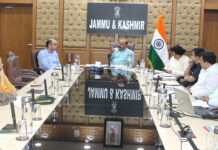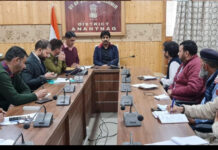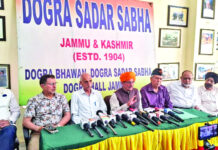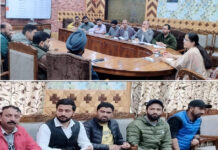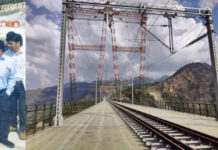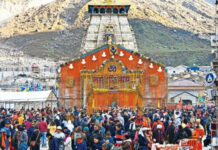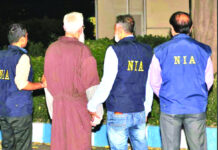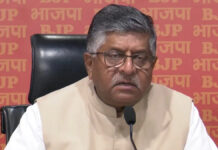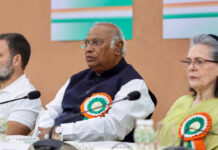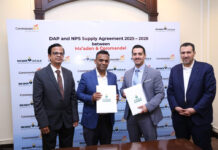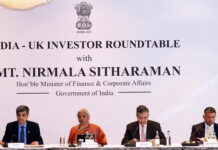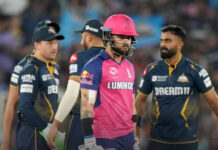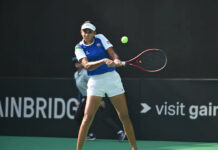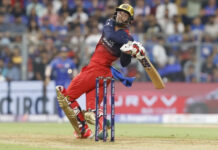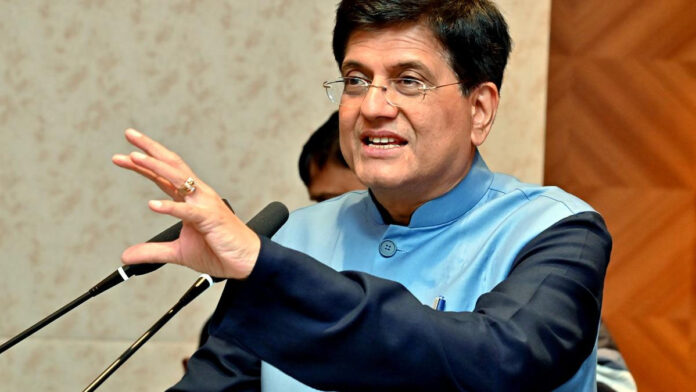Abu Dhabi, feb 29
India is a consensus builder in the World Trade Organisation (WTO) by playing a key role in the process, but some countries are breaking that, Commerce and Industry Minister Piyush Goyal said.
The Minister’s remarks came amid allegations by certain developed nations that India is blocking deals at the World Trade Organisation. He is in Abu Dhabi for the 13th ministerial conference (MC) of the WTO.
“Our stand is consistent… we have to see who are blocking the issues and who is responsible for not letting things of the WTO smoothly… It is proved that India, in fact, is a consensus builder and we are playing a key role in making consensus …and certain countries are breaking that consensus on certain issues,” Mr. Goyal told reporters.
Mr. Goyal also said that India stands on strong principles of fair play and justice at the WTO, and wants to ensure that all decisions taken at the multi-lateral body are in the best interests of India’s farmers and fisher-folk.
He added that the “first and foremost” issue that the WTO MC13 should address is generating trust that the WTO can deliver, and whatever decisions are taken at the WTO will be adhered to in letter and spirit.
“And if somebody breaks the rules of the WTO, they can be taken to task through the dispute resolution mechanism,” he said, adding, “India has strongly demanded the restoration of the appellate body (AB) so that any complaint any nation has of unfair trade practices, or rules of the WTO not being met, can be taken up at the dispute resolution process.”
There are two main ways to settle a dispute once a complaint has been filed in the WTO. The countries find a mutually agreed solution, particularly during the phase of bilateral consultations; and through adjudication, which includes ruling by a panel and if not satisfied, by challenging that ruling at the appellate body.
The appellate body is the apex institution for adjudicating disputes. The smooth functioning of the WTO’s dispute settlement mechanism hit a roadblock when the US blocked appointments of members in the appellate body. Though the AB stopped functioning on December 10, 2019, the panels are still working.
Since December 2019, over 20 appeals have been filed in the the appellate body.
We strongly demand that those who are blocking various decisions at the WTO should start addressing the concerns of the developing countries like India,” Mr. Goyal said, adding that the concerns and interests like finding permanent solutions to the public stock holding of food amongst others are also given due importance and addressed speedily.
He added that the issues which are outside the perspective or mandate of the WTO should not be brought into the WTO and their respective bodies should look after it.
Developed nations are pushing issues such as environment, labour and gender equality.
On the fisheries subsidies agreement, Mr. Goyal said that the actions of the past should be addressed by their subsequent actions before any multilateral decisions are taken.
“Therefore, those nations who do deep sea fishing and are responsible for overfishing or depletion of fish stocks should be held responsible for their actions,” he said.
When asked about possible outcomes tomorrow, he said, “I am sure there will be outcomes.”
There will be fair, balanced and equity in the outcomes, he said, adding that India will fully protect the interests of farmers, poor people and fishermen.
On the proposal of China-led grouping in investment facilitation for development (IFD), he said investment is not part of the WTO mandate.
South Africa, India and other countries have opposed inclusion of IFD and “today in writing we have given to the WTO Secretariat that this issue cannot be brought into the agenda,” he said.

